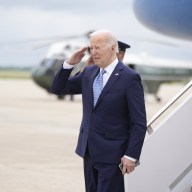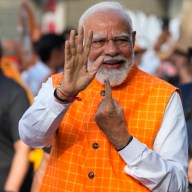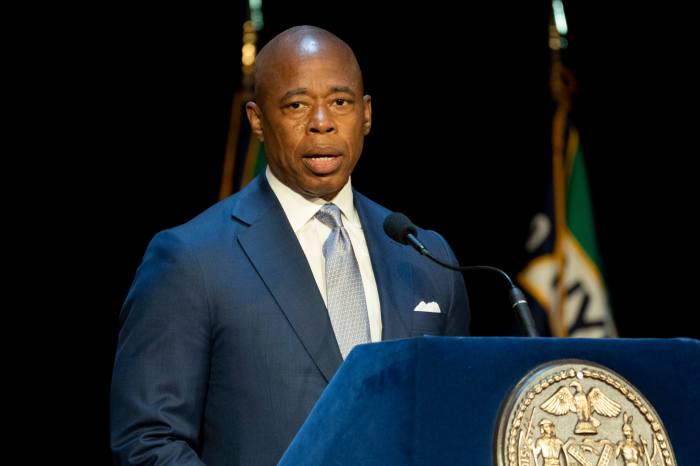OTTAWA – First Nations chiefs head into Tuesday’s landmark summit with Prime Minister Stephen Harper seeking the same elusive goal they sought centuries ago in meetings with the Crown: Peace.
While the battles between aboriginals and today’s government may be less bloody than those waged in the founding days of Canada, a war rages on, some chiefs say.
“Even though there isn’t any physical violence, we’re not at peace,” said Gregory Peters, chief of the Association of Iroquois and Allied Indians.
“We’re in a war for our very survival, based on under funding, based on legislative policies of assimilation and legislative polices of the past. We are in a conflict, so clearing the pathways for peace is the proper terminology.”
Regional chiefs and band representatives were scheduled to make their agenda for the meetings clear in an afternoon roundtable Monday with the prime minister, each allocated 10 minutes to pitch the wish-list from their respective regions.
The Assembly of First Nations also released a 71-page briefing document, saying the organization has a clear vision of where it wants things to go.
“First Nations seek to ‘smash the status quo’ conditions that disadvantage, disempower and harm First Nations,” the document says.
“Moving forward, a shared commitment to full implementation, equity, mutual accountability, and effective joint monitoring and oversight is needed.”
While Harper was to sit down with some First Nations leaders on Monday, it’s unclear how much time he’ll actually spend at Tuesday’s main event with the entire assembly.
He is scheduled to leave for World Economic Forum meetings in Switzerland on Tuesday night.
Hundreds of chiefs are registered to participate in the sessions — either in person, or remotely.
A dozen cabinet ministers are also part of the meeting, an unprecedented show of political force behind improving aboriginal-Crown relations, suggested Andrew MacDougall, a spokesman for the prime minister.
Both sides want to set a new tone of respect for their relationship and discuss economic development, education, accountability and governance.
Among other items, chiefs and federal politicians are widely expected to endorse a plan that would see Ottawa introduce legislation giving native communities the power to set up their own school boards, and changing the structure of government financing so that it’s more predictable.
“The prime minister is a firm believer that you don’t fix everything in one day,” MacDougall said.
Peters said he believes if any political leader can fix the problems at hand, it could be Harper.
“I think Prime Minister Harper and his government knows how to get things done, that they are not so interested in satisfying parliament as they are in results,” he said.
“I view his government as a results-oriented government and with a commitment from him there is a great opportunity to start a new era in our relationship.”
But you can’t move forward without looking back, said Grand Chief Stan Beardy of Ontario’s Nishnawbe Aski Nation.
“I’m hoping the government will make a firm commitment to us to reset the treaty relationship which we already agreed to 100 years ago,” he said.
Key to that is giving First Nations a greater share of the wealth generated out of their traditional lands, as the treaties promised, Beardy said.
NDP MP Charlie Angus, whose advocacy on the part of one beleaguered Northern Ontario reserve catapulted the current state of aboriginal-Crown relations onto the national stage, said the only thing that’s certain is that the meeting can’t just be about a photo opportunity.
“Canadians are expecting a new deal between Canada and our First Nations,” said Angus. “We have major issues.”
















